Early Years News
Pre-Kindy to Year 2

Early Years News
Pre-Kindy to Year 2
The Early Years teachers are seeking parents/caregivers to help prepare some learning space resources at the beginning of next term. If you are able to support the school in this area, please complete this Parent Volunteer Form or email Mrs Sarah Wohlsein (Head of Early Years) at sarah.wohlsein@cewa.edu.au to find out more information.
Thanks in advance for you continued support


The Pre-Primary students recently celebrated a fantastic milestone on 30th April - 50 days at school! The day was filled with joy and excitement as the children engaged in a variety of fun activities. They delighted in tasting root beer floats and even collected data to see who enjoyed them the most. The students showcased their creativity by building impressive towers from 50 cups and threading colourful Froot Loops onto necklaces. They also made special 50-day wristbands to commemorate the occasion. To top it all off, the children grooved to some classic 50s tunes, sharing their best dance moves with friends. It was a memorable day that highlighted their enthusiasm and creativity!
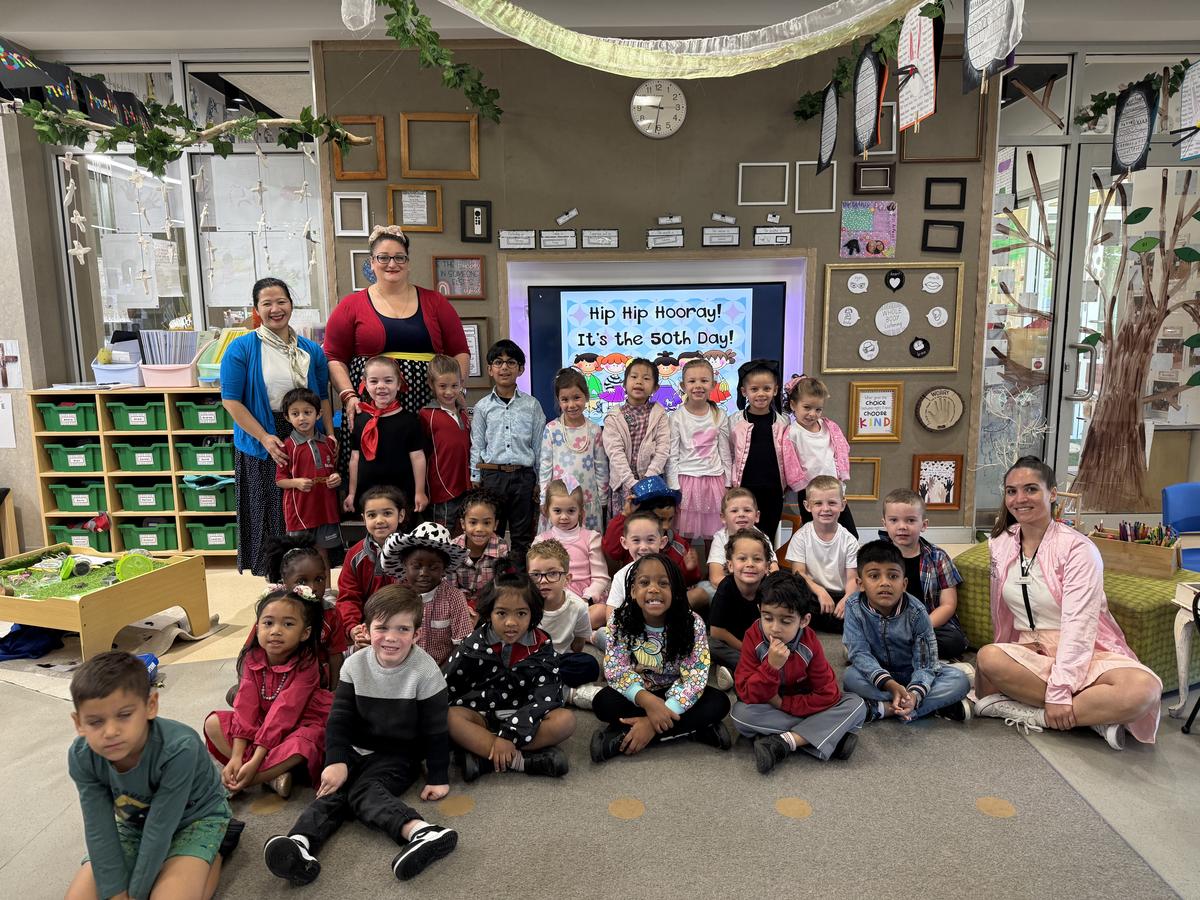
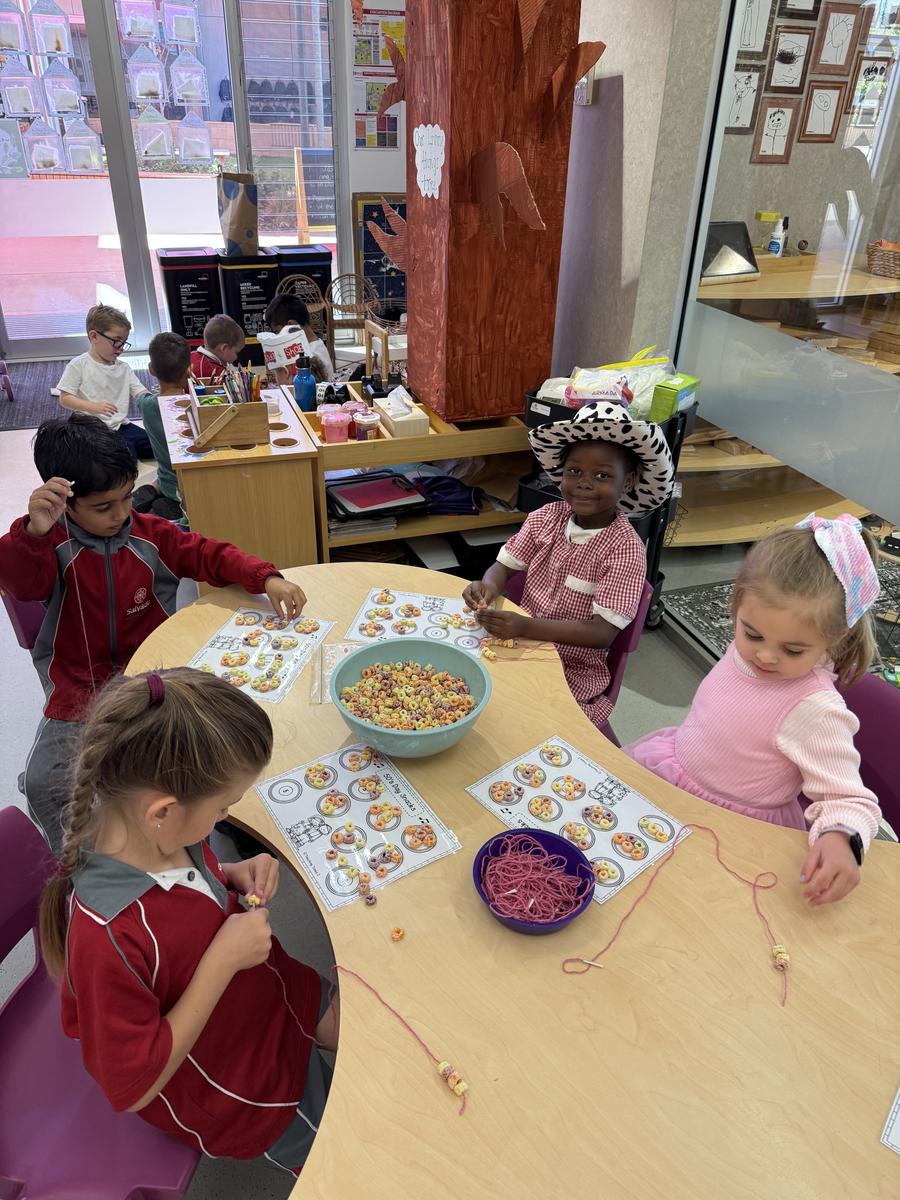
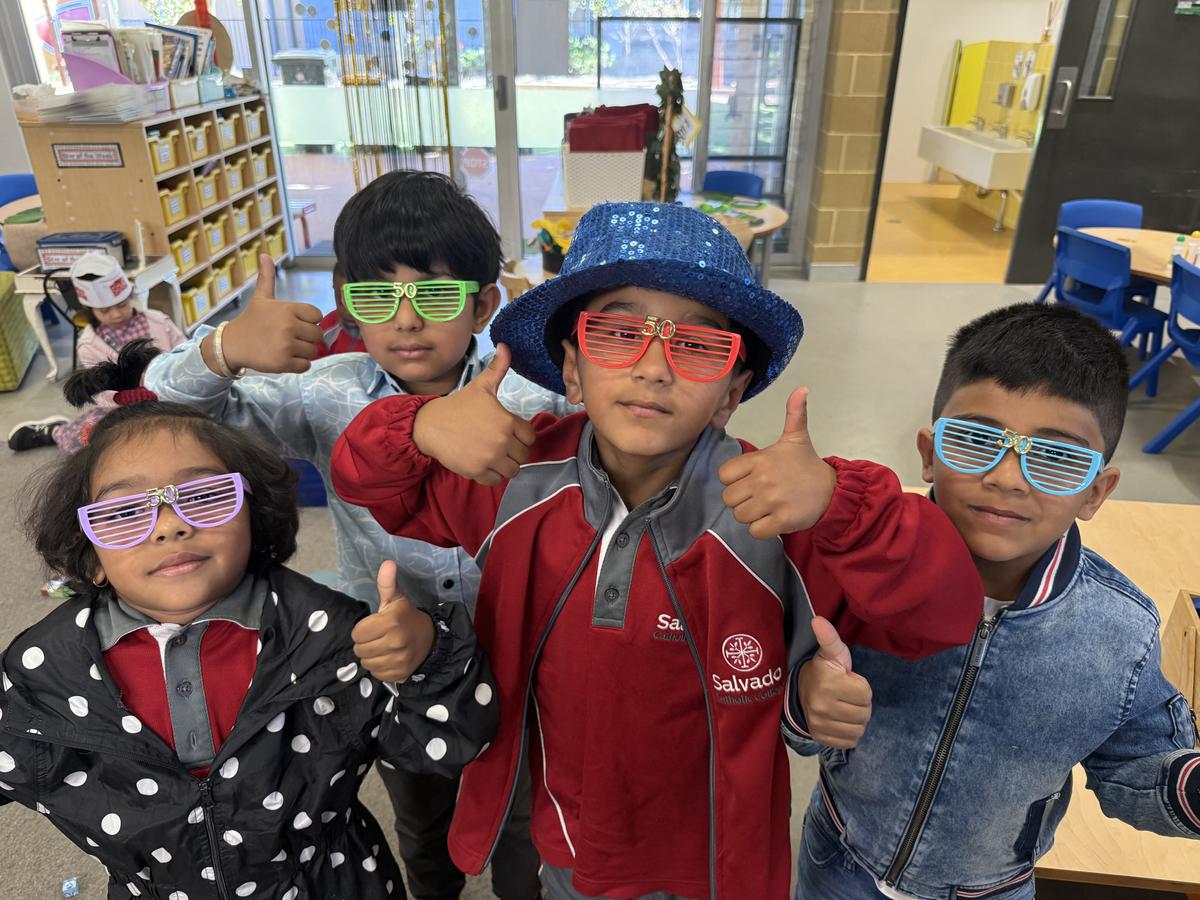
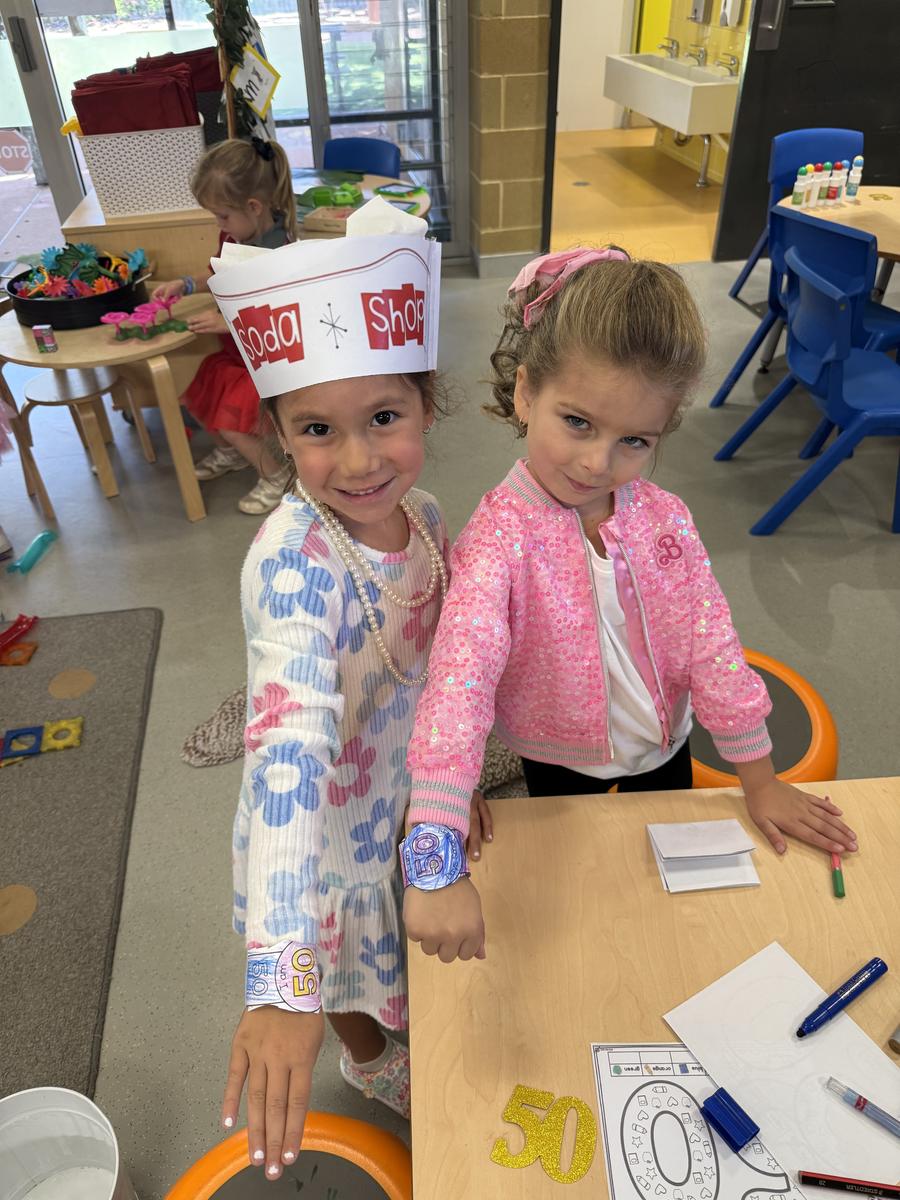
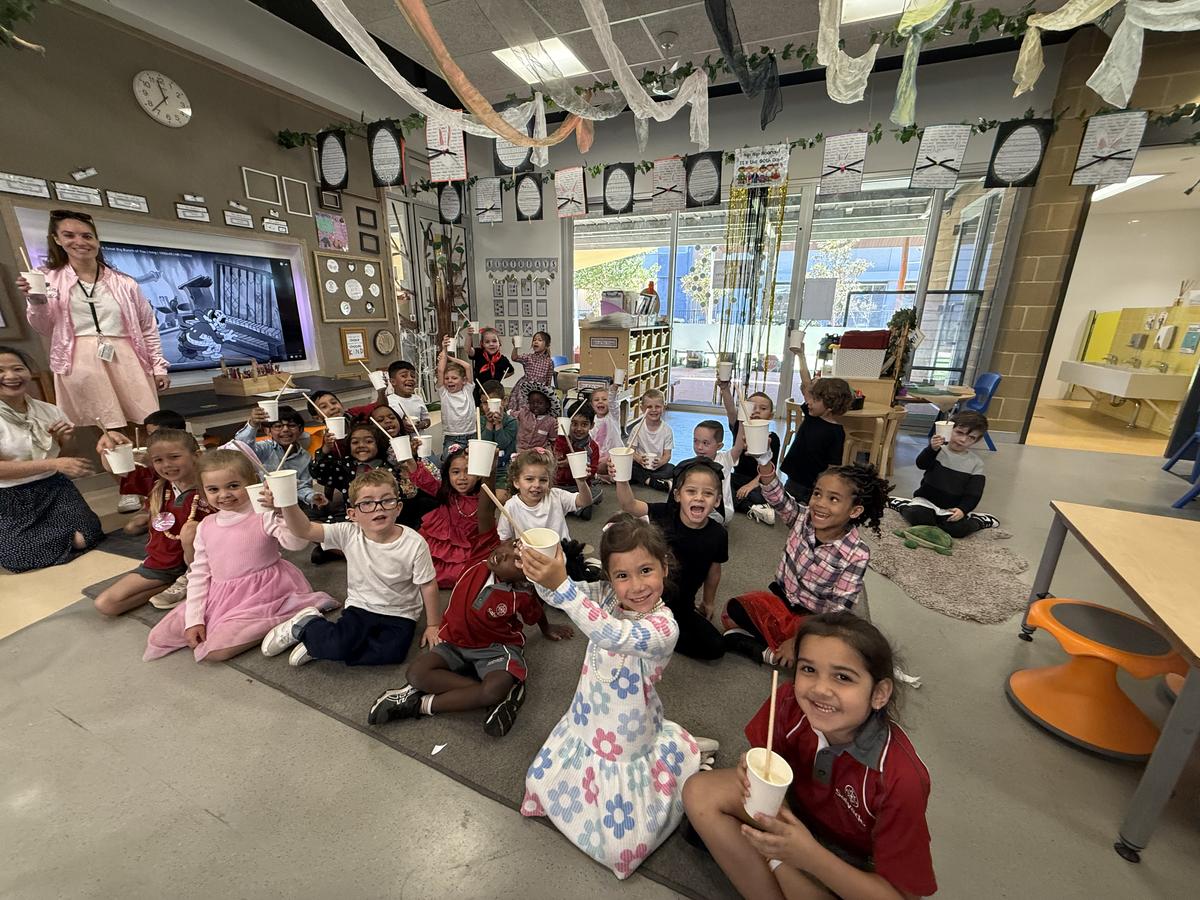
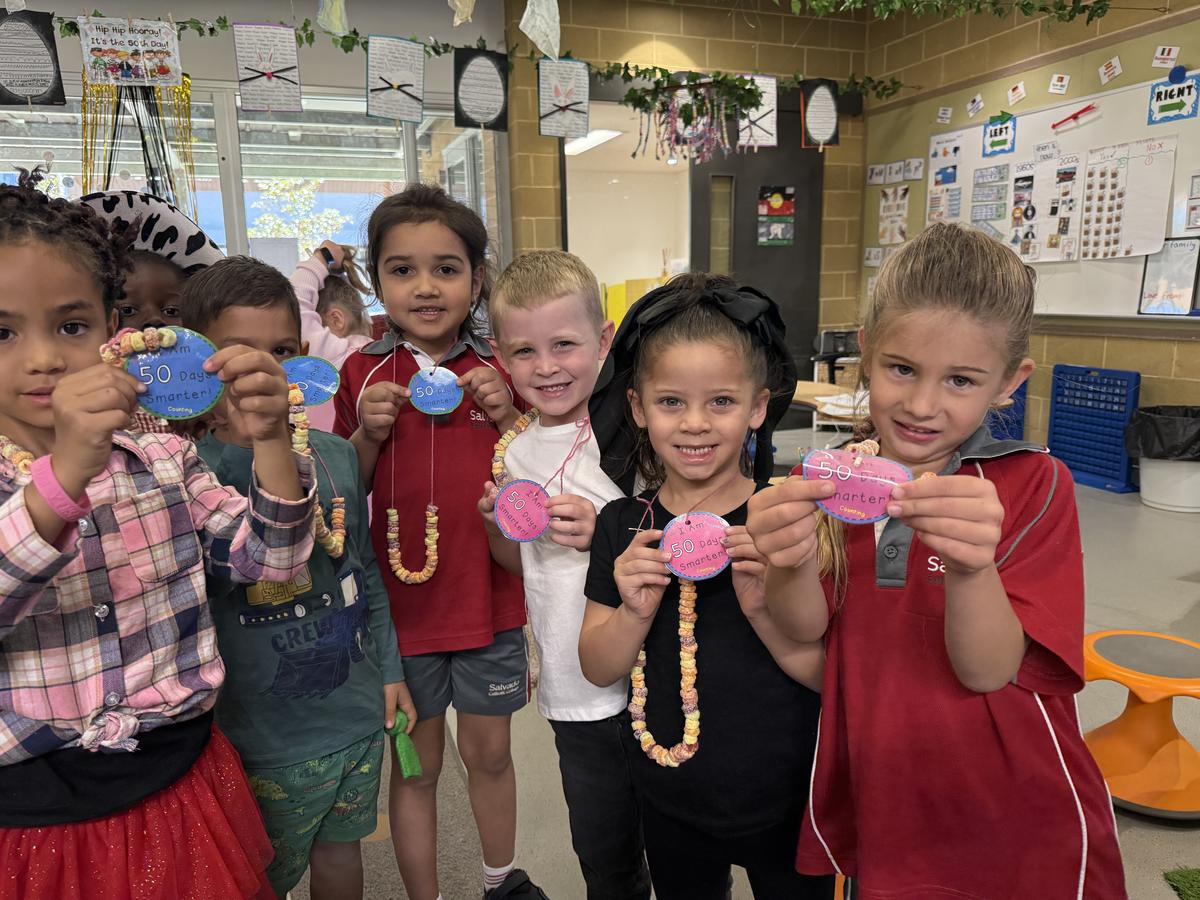
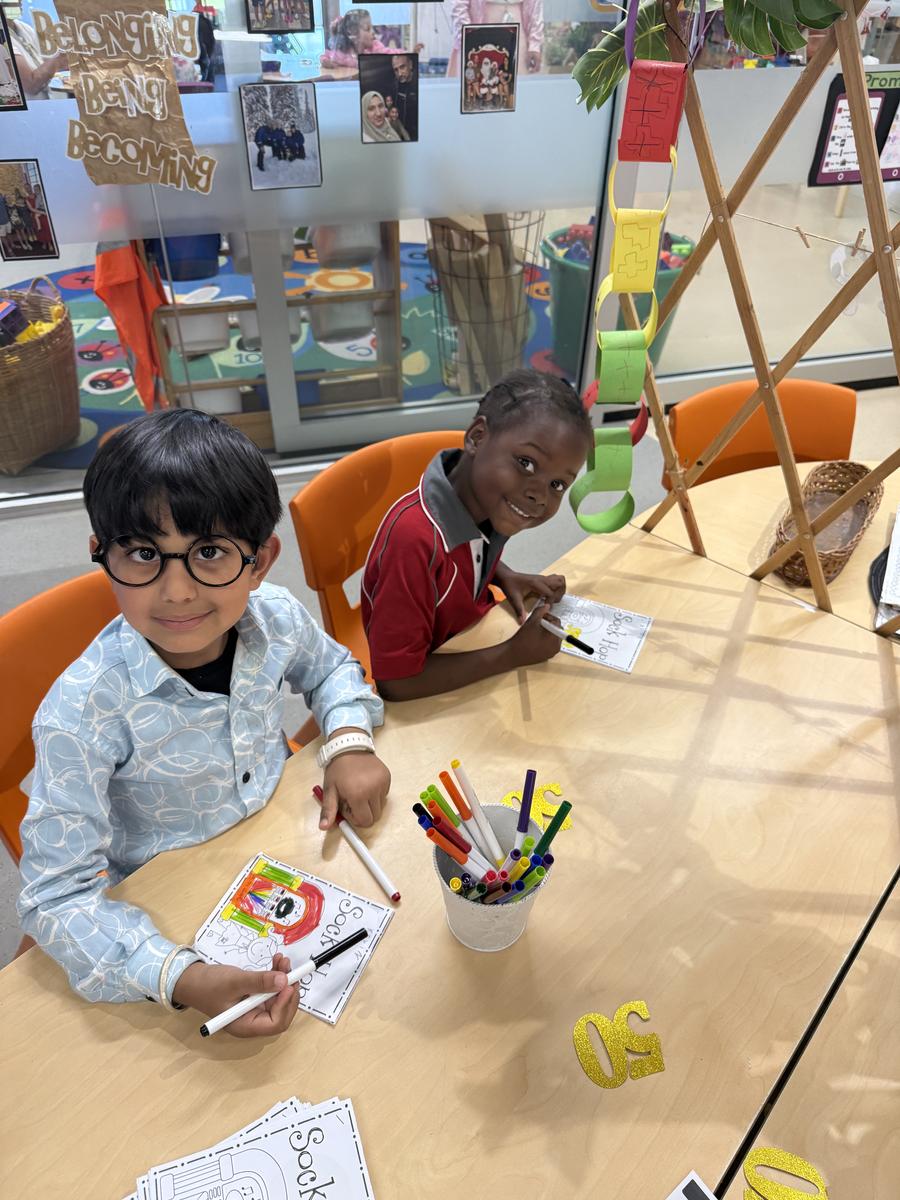
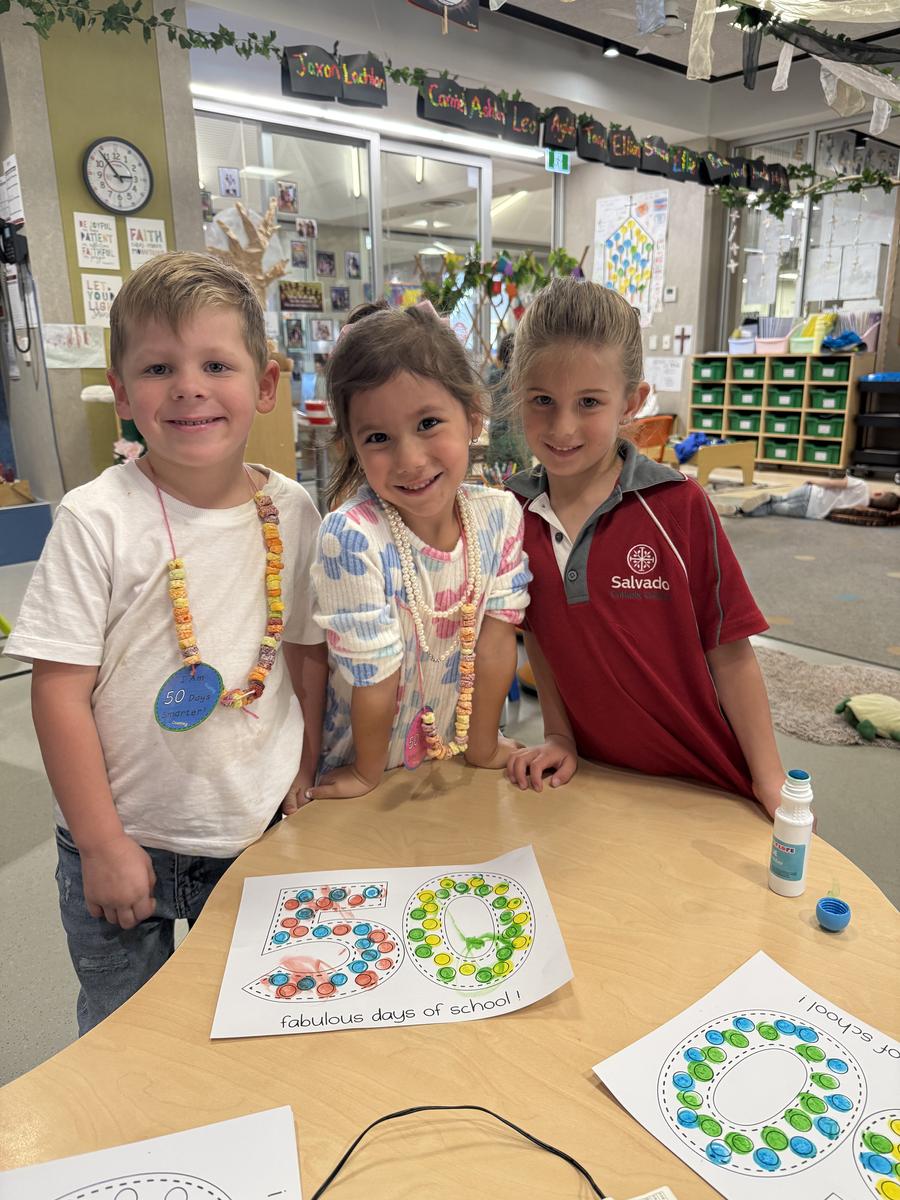
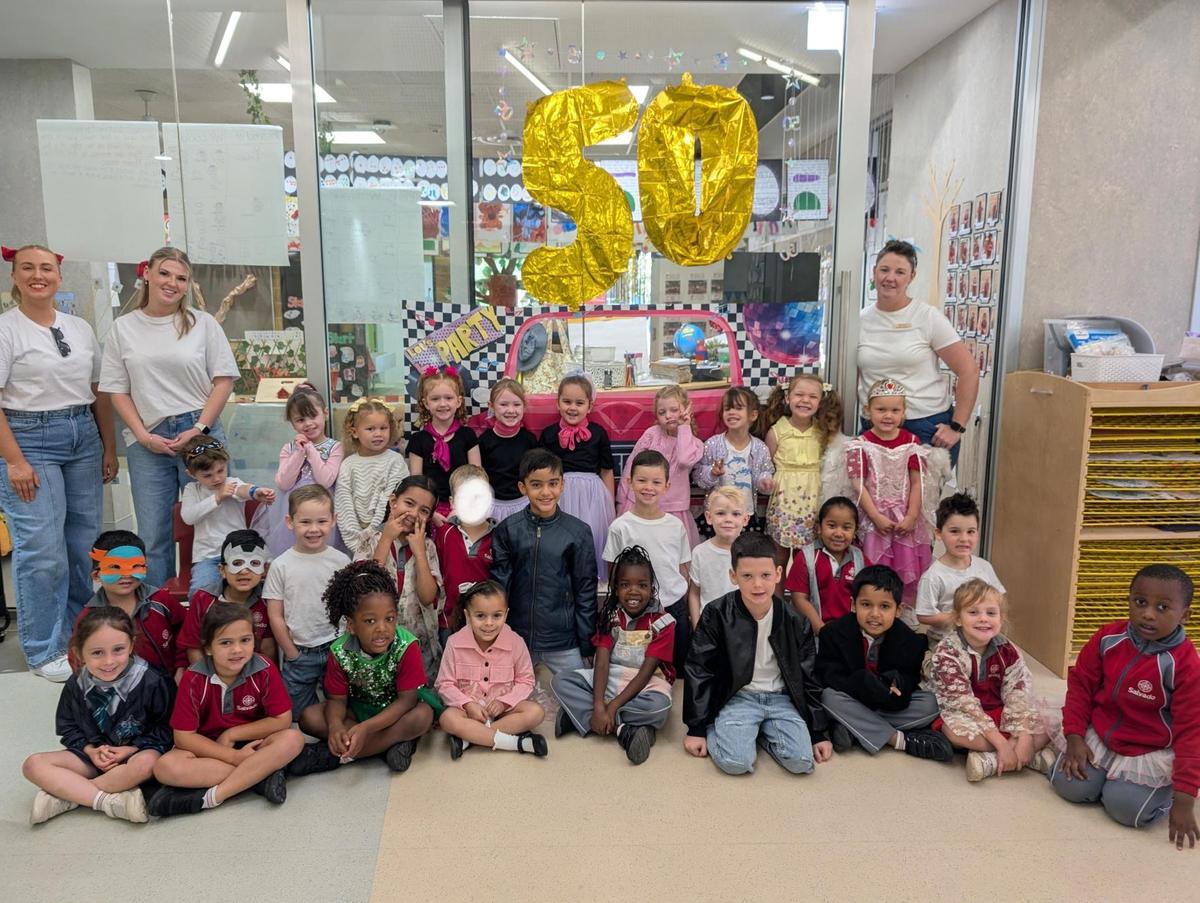
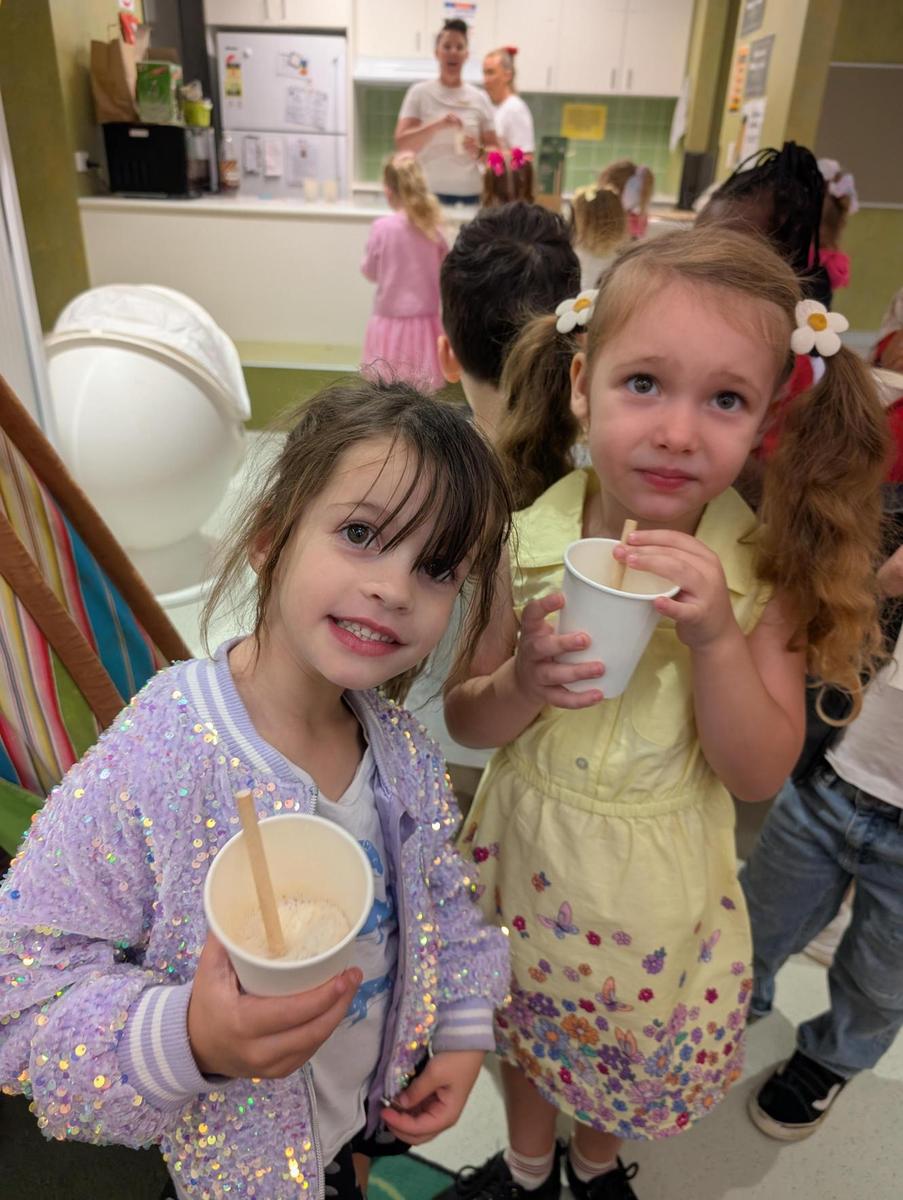
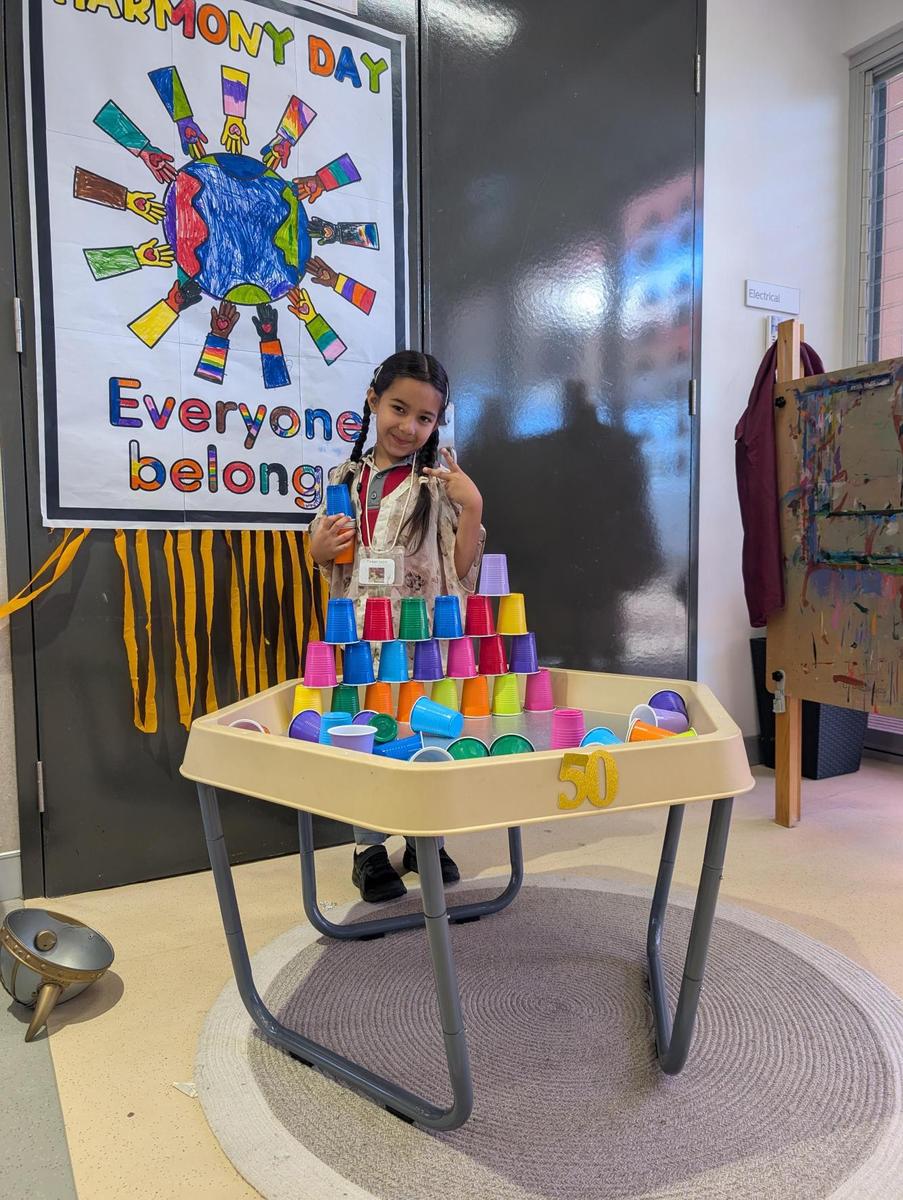
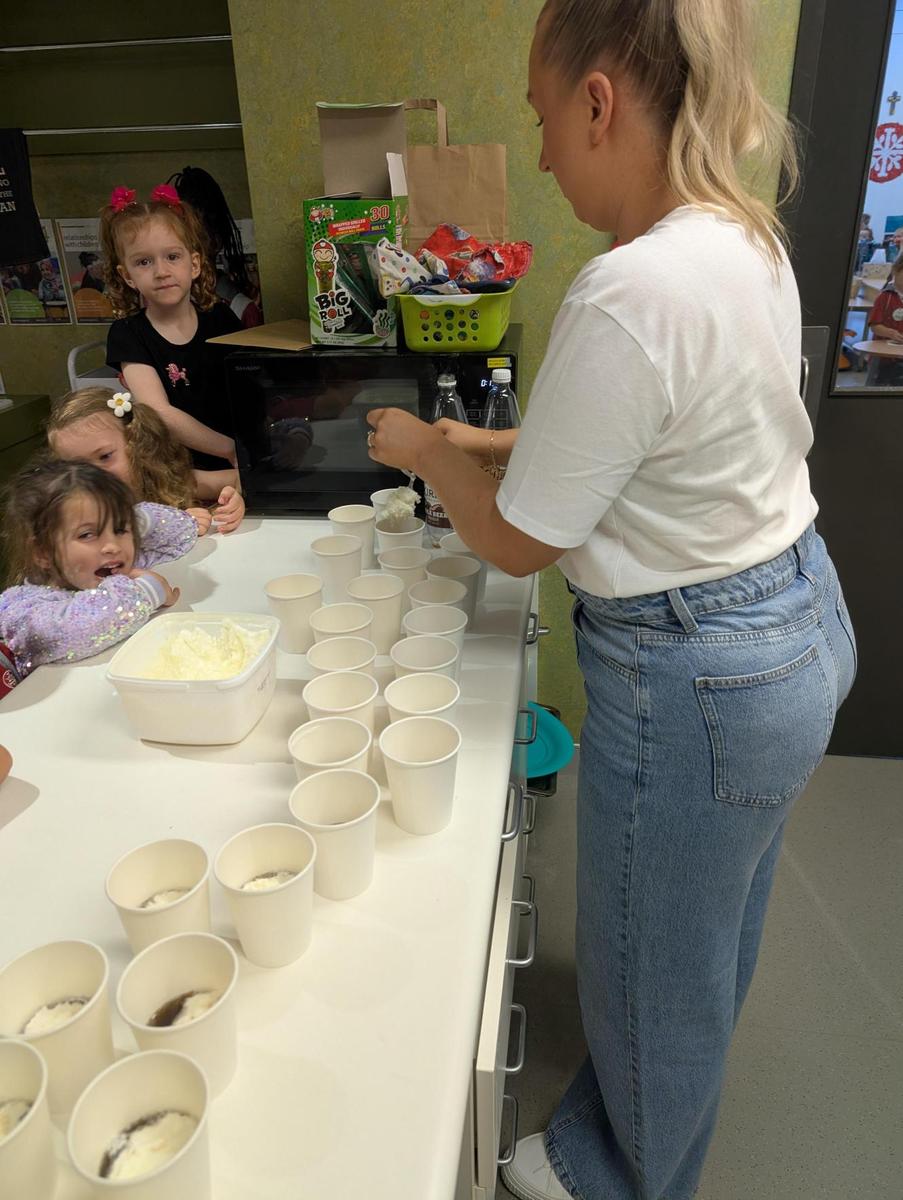












Dear Parents and Caregivers,
To support your child in developing independence and familiarity with money, we kindly ask that no more than $2 is sent to school for the purchase of canteen snacks. Larger amounts often result in multiple purchases, with food going uneaten or students spending the entire lunch break eating instead of playing.
Please note that Class Teachers are not responsible for lost money, and students should use any money brought to school for their own purchases only.
Thank you for your support in helping your child learn to manage money responsibly.
Kind Regards,
The Early Years Team
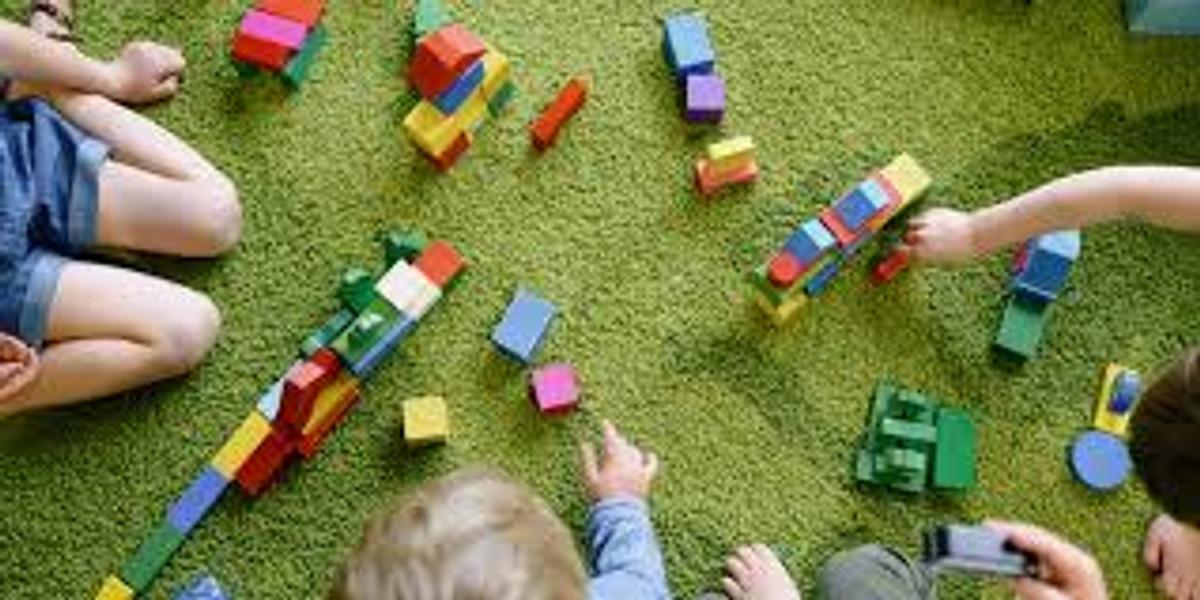

Play is central to your child’s learning and development. When your child plays, it gives them many ways and times to learn.
Play also helps your child:
Unstructured, free play
This is unplanned play that just happens, depending on what takes your child’s interest at the time.
Unstructured, free play is important because it lets children use their imagination and move at their own pace. Unstructured play is unpredictable and can involve unexpected challenges, so it can help children develop resilience. And it can be good for infant mental health and child mental health because it helps children to learn to cope with stress.
Examples of unstructured play might be:
You can be part of your child’s unstructured play. But sometimes all you’ll need to do is point your child in the right direction – towards the jumble of dress-ups and toys on their floor, or to the table with crayons and paper. At other times, you might need to be a bit more active. For example, ‘How about we play dress-ups? What do you want to be today?’
Structured play
This is organised and happens at a fixed time or in a set space. It’s often guided by a grown-up. Older children are more likely to enjoy and benefit from structured play.
Examples of structured play include:
Here are play ideas to get your preschooler’s mind and body going:
When you’re encouraging your child to kick or throw, see whether you can get them to use one side of their body and then the other.
Your school-age child can have fun with the following objects and activities:
If your child is interested, you could think about getting them into sports or team activities for school-age children. Other possibilities include after-school or holiday art and craft activities.
Regards,
Mrs Sarah Wohlsein
Head of Early Years (Pre-Kindy to Year 2)